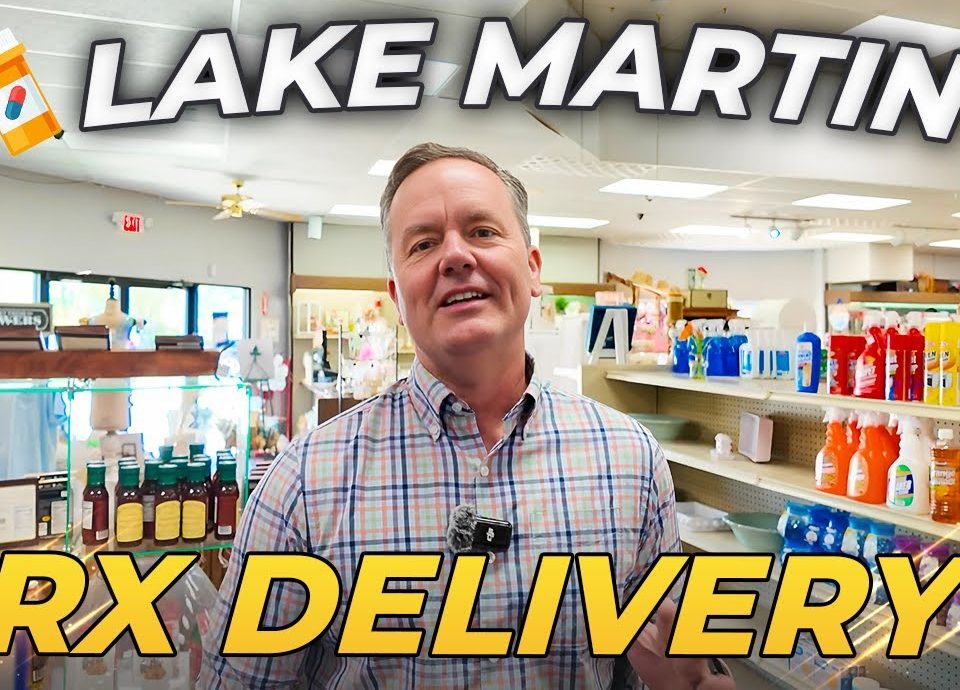8 Track, Cassette or CD?

Priorities at Parker Creek
October 16, 2018
Rook, Rain and Russell Pool
November 6, 20188 Track, Cassette or CD?


Ahh, the 1990s.
It was a wonderful decade, wasn’t it?
We thought we were so high-tech, so sophisticated, but let’s face it, we still actually watched commercials back then. We might have even jotted down the 1-800 number to a couple of Time – Life music collections so would could order them C.O.D. in five easy payments of $19.99.
Cassette tapes were also a distant memory in the 1990s. After all, we had compact discs. Anyone that referred to tapes instantly dated themselves to the hair-sprayed 1980s. I thought about this recently when listening to a book on “tape” by Zig Ziglar. Well, actually, it was a book on my iPhone, but when Zig recorded it, there were still such things as books on tape because he referred to them.
Zig is deceased but he continues to be one of the most gifted teachers in training people in the sales profession. His timeless lessons still help hundreds of thousands of people, myself included. I was listening to this particular book to try and get better at what I do. During the recording, he mentioned real estate sales as an example. In it, he described a real estate professional trying to help a potential seller determine the market value of her home. Zig talked through the process of gathering the sales figures for similar homes, and then adjusting the sales for the differences from the seller’s home to arrive at a value estimate.
In other words, Zig was describing what we call “the comparable sales” method of valuation. It is straightforward, but accurate. It involves taking the potential seller’s home (the subject) and comparing it versus homes that have already sold. If Sale A had three bedrooms but the subject has 4, you adjust up, according to what you think the market might pay for another bedroom. If Sale B had 5 bathrooms but the subject has 3, you would adjust the sales price down to compensate. The agent goes on like this with other comparable sales, averages them all together, and arrives at a potential sales value.
The thing that struck me was – this is still what we real estate agents do. Thirty years of progress in fields like selfie stick invention and emoji curation have been wonderful for humankind, but it has not improved on the fact that real estate schools still teach that the comparable sales method is the most accurate way to value residential real estate. Sure, now we can whip up these formulae on our phones, pretty much. We can access County tax maps with a few clicks. Digital photos and 3D tours give us way more information about the homes in question – but when we get down to it – agents still calculate value in the same old way. It is old because it works. Here at Lake Martin, we have incorporate factors that (in my opinion) are more difficult to quantify, like the quality of a view or privacy. But, we are still going through the same exercise. It was a great reminder for me to keep it simple.
While I am at it, I would like to point out a few valuation methods that I hear that are definitely not accurate. Two are from buyers, and two are from sellers.
1.) What the buyer’s aunt paid for her house – Often I will hear from a flabbergasted buyer, “they are asking what for that house on Lake Martin? Are you sure? I know for a fact that is overpriced because my aunt bought her house in 1992 for $X and hers has granite countertops.” No thanks. Let’s not value one home with one example from 26 years ago.
2.) What the seller paid for it – Some buyers may say “I saw it on Zillow so know for a fact they paid $Y for it five years ago. They are asking too much now.” Usually I can’t hear anything they say because I am laughing so hard at the mention of Zillow. Once I recover my composure, I ask two questions, A.) Look up your own house on Zillow and see how bad the estimate is – would you take that for yours? B.) In 2008 when prices were falling, sellers were losing tons of money, and buyers didn’t care what sellers paid for their homes. They quoted supply and demand charts like my Econ 101 professor. It was tough love, baby. Since when did you abandon your capitalistic principles, buyer?
3.) What other people are asking – Sellers are guilty of this valuation method. I love my own stuff just like the next guy but just because your neighbor or coworker has a certain asking price doesn’t mean your home’s value should be based off of that. It is better to stick to actual closed sales. As some country boys say, “Askin don’t mean gettin.”
4.) What sellers need to clear – This one is kind of related to number 3 above. Some sellers don’t want to look at the overall value of their Lake Martin property. Instead they look at what they owe, figure out what they would like to walk away with, and then add the two together for the property value. While I can certainly relate to being keenly aware of a mortgage balance, that is still an inaccurate way to approach valuation. It combines two non-market related facts – a mortgage balance, and a desired surplus – that have nothing to do with the market as a whole.
If I sound professorial or detached in writing the above, please let me confess something. When I am personally involved in the purchase or sale, not just as an agent, I am tempted by all sorts of whispers in my ear. It takes a lot of concentration for me to tune everything out and follow my own advice. I have to remind myself to go low tech, to not get too fancy, and just concentrate on the comparable sales method.
Note: I originally published this article in my monthly column in Lake Magazine. I am proud to write about Lake Martin Real Estate for Lake Magazine and ACRE – the Alabama Center for Real Estate.

